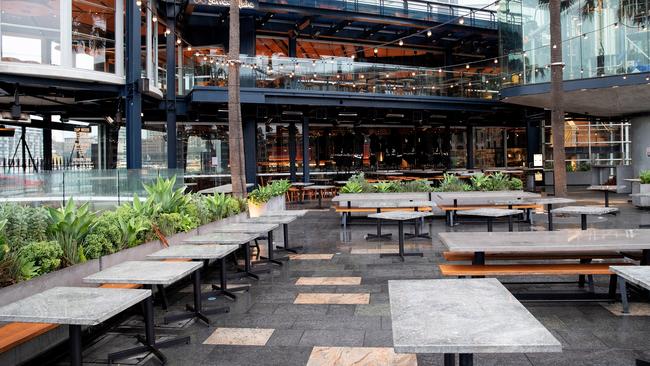
There were no crowds of spectators watching sport under megawatts of floodlights, there were no rock concerts or nightclubs. We all just stayed in and reduced our carbon footprints. What a hoot.
It was a climate activist triumph. The reduction in greenhouse gas emissions would have been substantial.
The only problem is that it has been going on all week, and all over the world; in China the shutdown has lasted months, in Europe it is extreme and in the US and here it is likely to get more severe before it gets better. It is not much fun.
Yes, there are two minor silver linings to this terrible coronavirus pandemic: it will dramatically reduce carbon dioxide emissions for the year; and in doing so it will demonstrate to gormless activists around the world just what life looks like when you deliberately suffocate the economy.
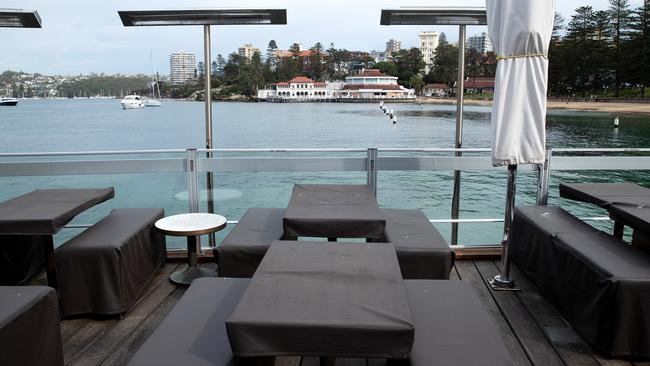
There didn’t seem to be much coverage of Earth Hour. The Sydney Morning Herald, which claims a role in its genesis, mentioned it just over a week ago as an upcoming event, and Sky News ran a small item on Saturday night.
Perhaps there is a third silver lining to the pandemic — maybe it is helping the media to understand that some issues are important, and others are tosh. Earth Hour has always been a silly repudiation of the benefits of innovation and economic development; now, with all that we hold dear under threat, the absurdity of this virtue-signalling is stripped bare – getting about your life with others, and using electricity along the way, is actually kinda good. No kidding.
Media coverage of the pandemic hasn’t really improved. It has been blindingly obvious for many weeks that the further people are from the real economy, the happier they are to shut the world down.
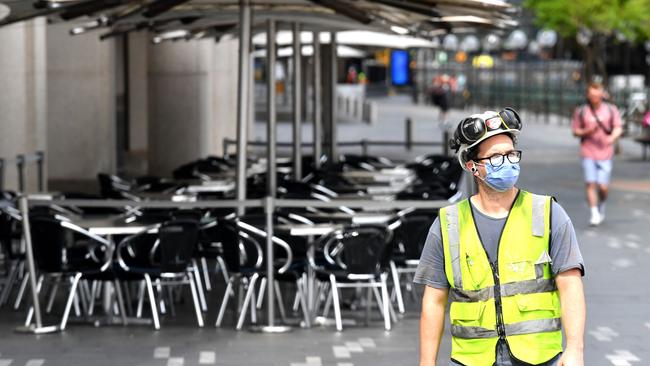
Calling for tougher measures is the cheapest shot of all, which is why commentators love it. They can never be proven wrong, when things get worse they can claim vindication, and they are never responsible for the consequences. The insulation between actions and repercussions means the securely taxpayer-funded journalists of the ABC have never been able to see why you wouldn’t just shut down the entire country to slow the disease. I mean, their salaries would still turn up in their accounts, even if they sat at home reporting via Twitter.
Interviewing Health Minister Greg Hunt on Radio National Breakfast last week, Fran Kelly seemed indignant that anybody else was allowed to earn a living: “I mean there are contradictions in what the Prime Minister announced last night: stay home unless absolutely necessary yet shopping centres will stay open, food courts will be shut but you can still get takeaway from them, you know weddings can still occur, schools remain open, I mean other countries are going much further and we have thousands of Australian doctors urging you as Australia’s health minister to follow suit with an immediate broader shutdown.”
For many in the media, the most diabolical challenge the world has seen for a century is oh, so simple. Where those in authority are torn by the very real threat of the cure being worse than the disease, for many in the media there are no quandaries.
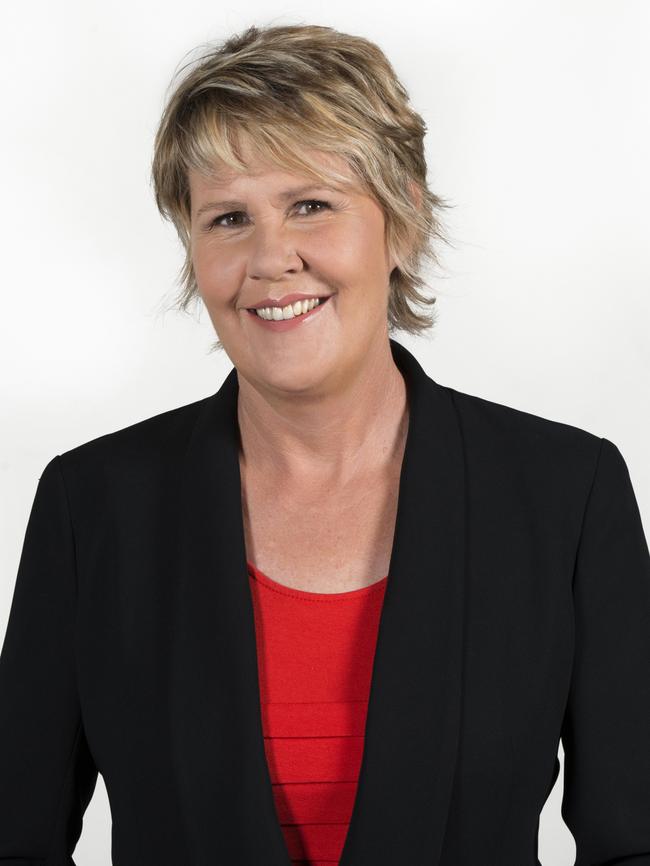
“But the chief medical officer himself conceded 22 medical experts urged him to go further,” protested Kelly, “and he said he wants to put restrictive measures in place without completely destroying life as we know it.” Yes, one of the public broadcaster’s leading current affairs programs was disappointed that policymakers might baulk at “completely destroying life as we know it”. Apparently oblivious to the facts, Kelly accused Hunt of going “slow on this” and of having lower testing rates than other countries. Hunt said the claims in her questions were “irresponsible.”
Kelly talked about hospitals doubling their intensive care capacity as if it was evidence of a crisis out of control when quite clearly it had been ordered and announced by state and federal governments attempting to get ahead of the curve. She suggested our hospitals would be overwhelmed in just over a fortnight and when Hunt denied this and challenged her to name a source, Kelly could not cite one.
The fact is that at any one time there have only been about 20 COVID-19 patients in intensive care — the nation has 2500 ICU beds and will soon have double that capacity. The fact is that over the past week there are signs of our new case curve flattening.
This could get out of hand and we could face a crisis like northern Italy, but there is no evidence that is where we are heading just yet.


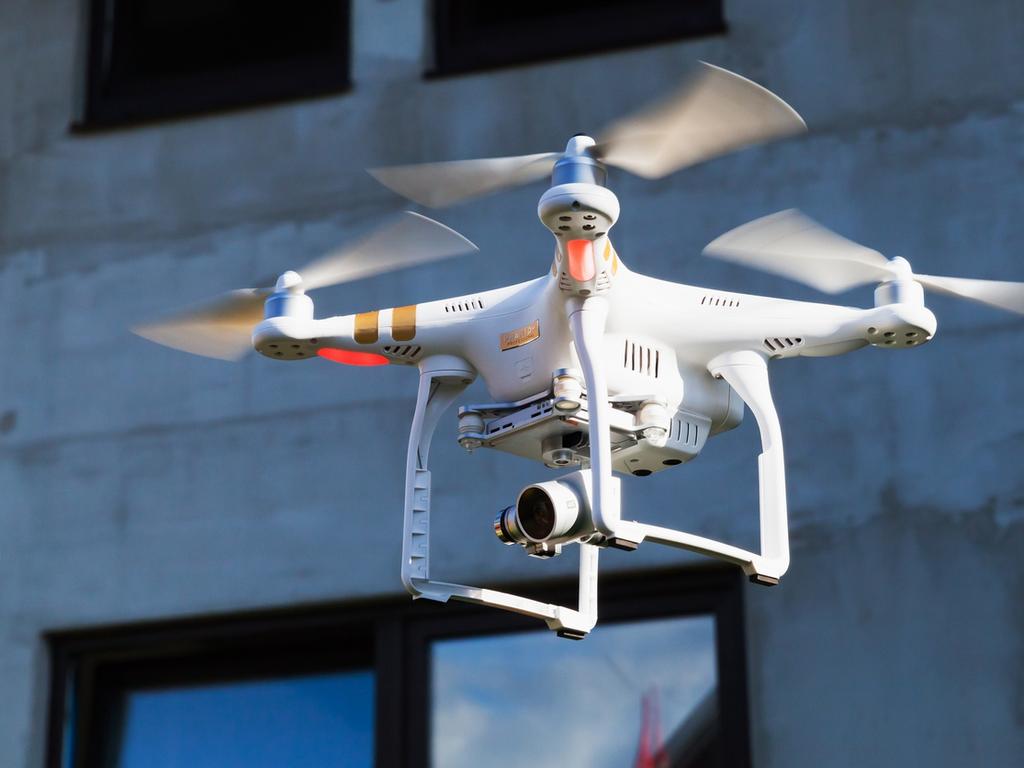
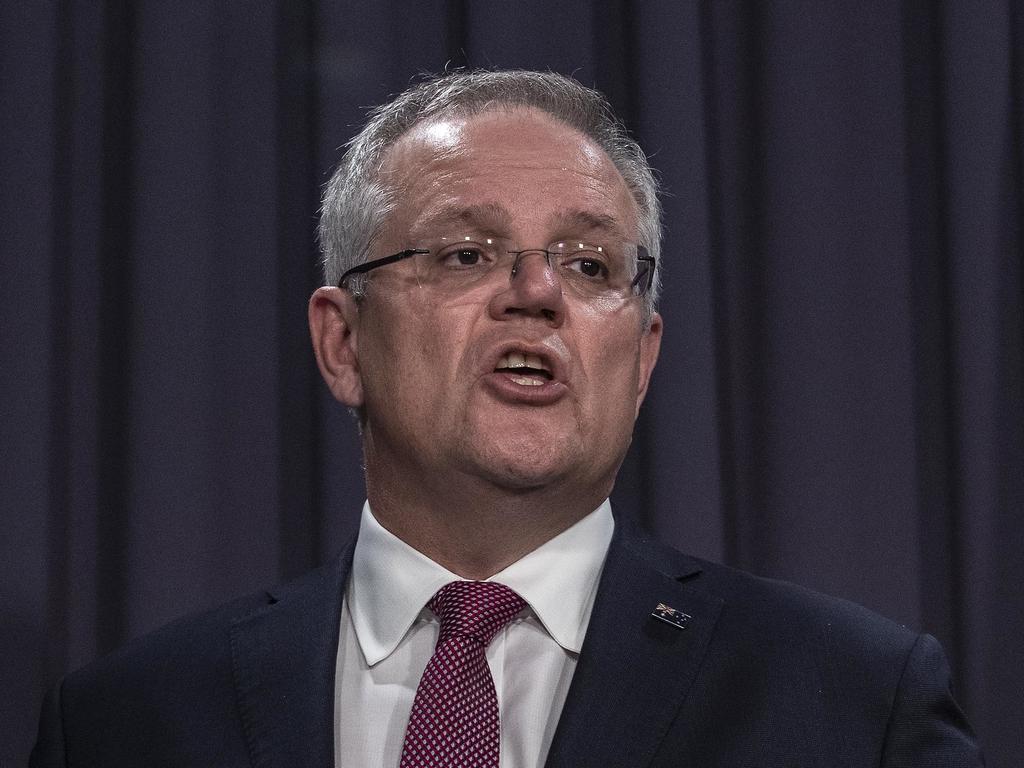




We have just had the most successful Earth Hour of all time. On Saturday night restaurants were closed, theatres shut, planes didn’t fly and most everybody stayed in.